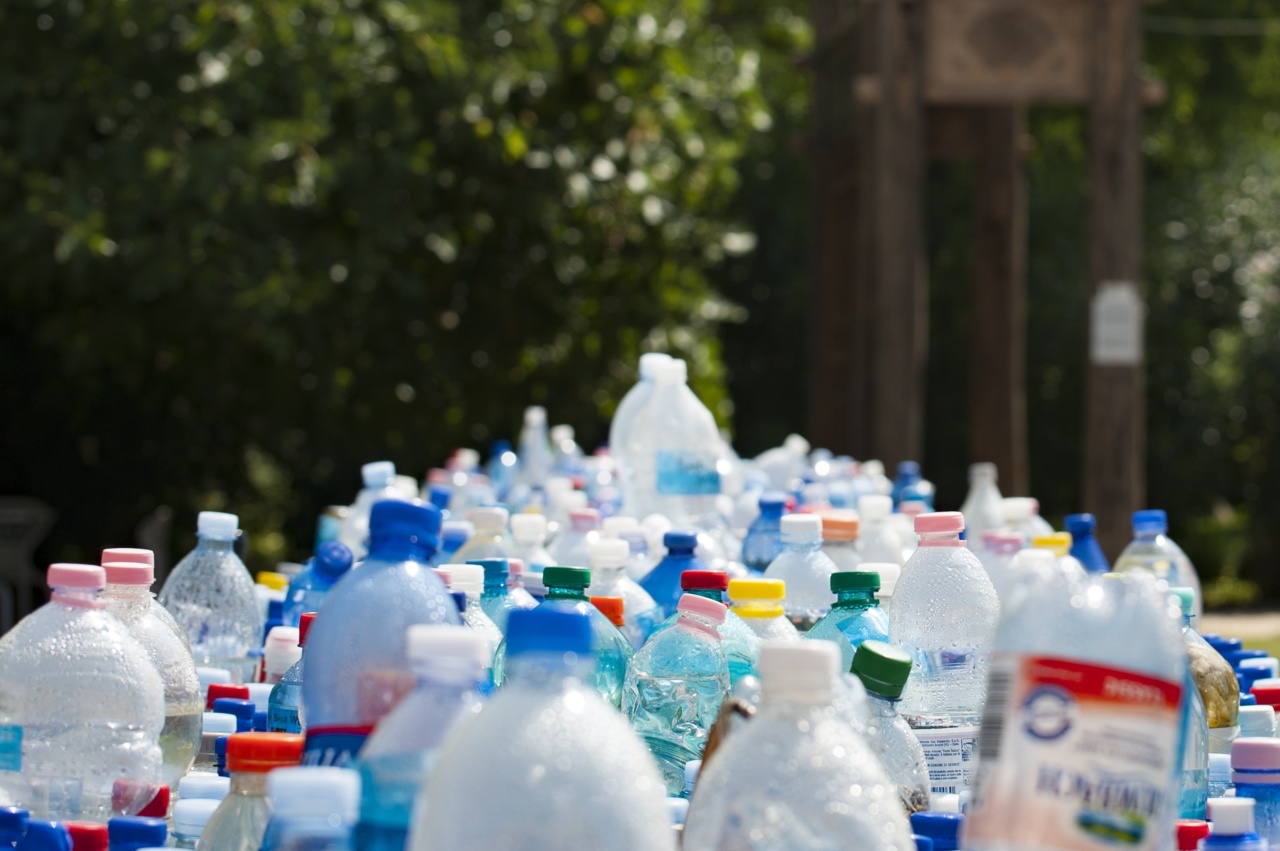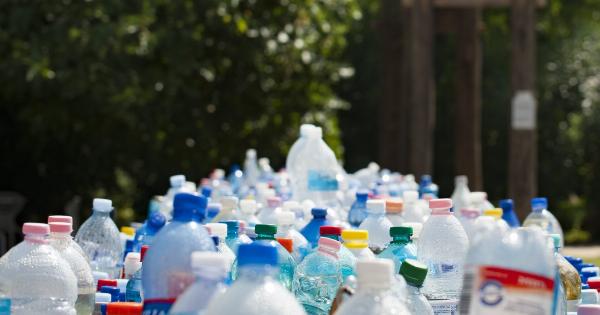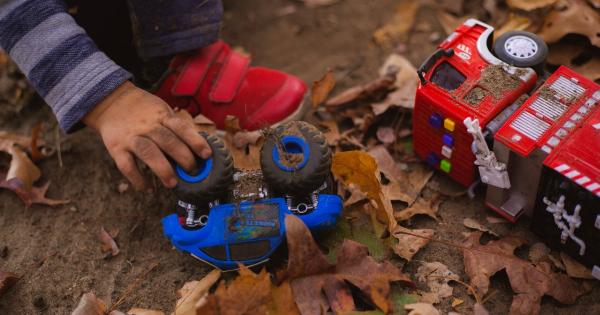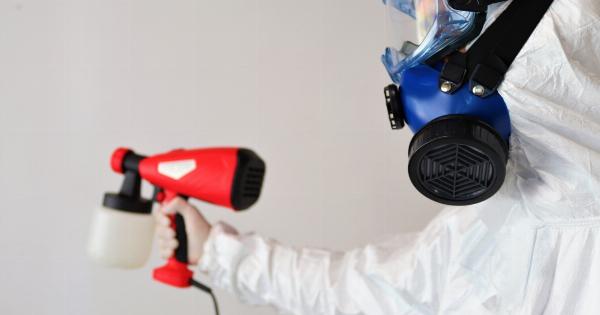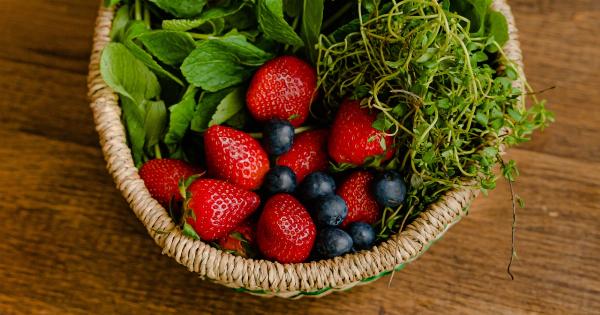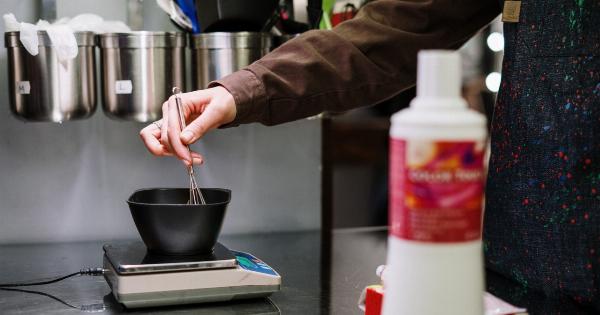Plastic bottles have become ubiquitous in our daily lives. From bottled water to soda and juice, these containers are a convenient way to store and transport our beverages. However, reusing plastic bottles may not be as harmless as you think.
What are plastic bottles made of?
Plastic bottles are made from a type of plastic called polyethylene terephthalate (PET). This type of plastic is lightweight, durable, and resistant to moisture and chemicals.
PET is also used in a variety of other products, such as food packaging, clothing, and carpets.
Why reusing plastic bottles may be harmful
While PET is generally considered safe for one-time use, reusing plastic bottles can expose you to harmful chemicals called phthalates and bisphenol A (BPA).
These chemicals are used to make plastic bottles more flexible and durable, but they can leach into the container’s contents over time.
Phthalates
Phthalates are a group of chemicals that are commonly used in plastics to make them more flexible and resilient. They are also used in fragrances, cosmetics, and other personal care products.
Phthalates have been linked to a number of health problems, including reproductive and developmental issues, as well as endocrine disruption.
BPA
BPA is another chemical commonly found in plastic bottles. It is used to make the bottles more durable and to prevent cracking or breaking.
BPA has been linked to a number of health problems, including breast and prostate cancer, obesity, and developmental issues in children.
Other potential risks of reusing plastic bottles
Aside from the risks of phthalates and BPA, there are other potential risks associated with reusing plastic bottles. Over time, bacteria can build up on the surface of the bottle, especially if it is not properly cleaned.
This can cause the bottle to become a breeding ground for pathogens and other harmful microorganisms.
Alternatives to plastic bottles
If you are concerned about the potential health risks of reusing plastic bottles, there are a number of alternatives you can consider. Glass bottles are an excellent option, as they are reusable and do not leach chemicals like plastic bottles do.
Stainless steel and aluminum bottles are also good options, although they may not be as durable as glass bottles.
Tips for choosing and using reusable bottles
If you choose to use a reusable bottle, there are a few things you can do to minimize your exposure to harmful chemicals and bacteria. Here are some tips:.
- Choose a bottle made from glass, stainless steel, or aluminum.
- Avoid bottles with plastic lids or straws.
- Always wash your bottle thoroughly with soap and hot water after each use.
- Avoid keeping your bottle in hot or sunny areas, as this can cause the plastic to break down and release chemicals.
Conclusion
While plastic bottles may be convenient, reusing them may expose you to harmful chemicals and bacteria. Consider switching to a reusable bottle made from glass, stainless steel, or aluminum to minimize your risk of exposure.
